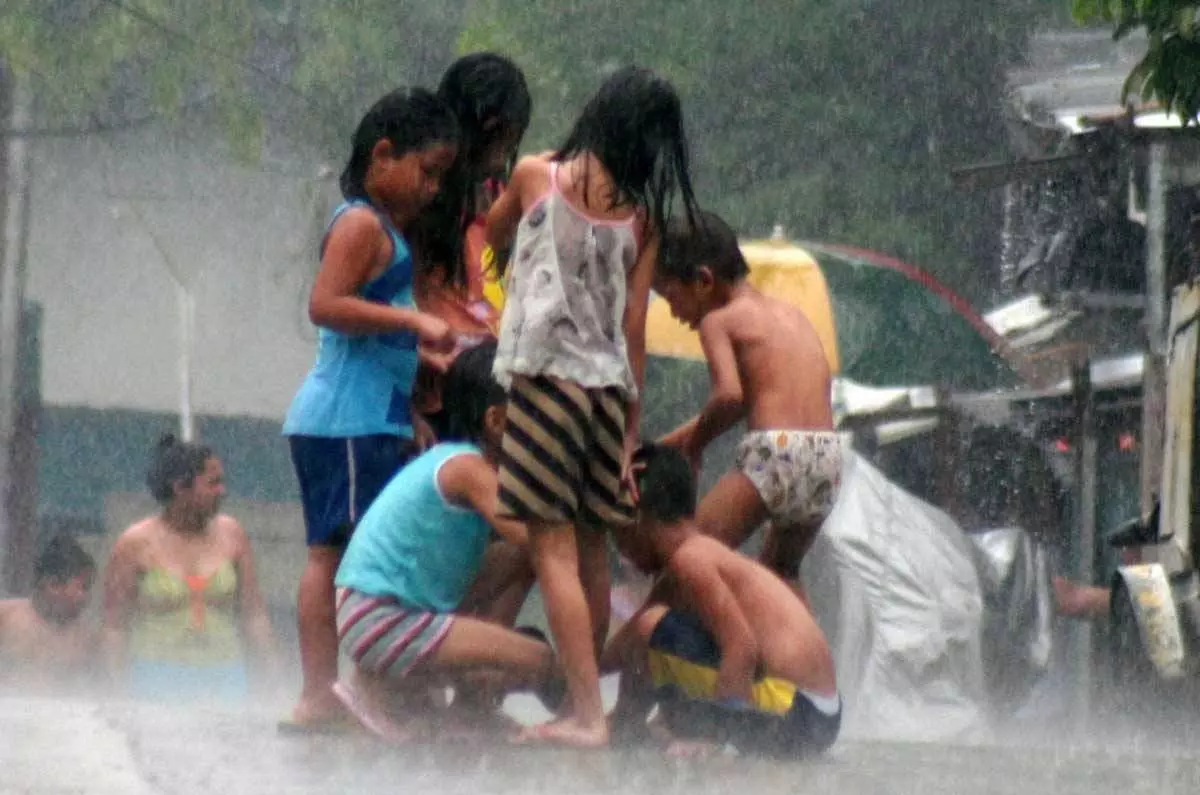From The Manila Times -
EMOTIONAL problems are common among young children, with adolescent depression becoming increasingly frequent, the World Health Organization (WHO) said Friday.
In its Facebook post, the WHO reminded parents of children's depression concerns, emphasizing what should be done to handle it.
"Growing up is full of changes — starting school, going through puberty and preparing for exams. For some children, changes like these can cause stress and depression," WHO said.
In a statement last year, the Senate emphasized that several studies found that suicide was the fourth leading cause of death for children, adolescents and young adults globally.
In the Philippines, the Department of Education reported that there was a total of 404 students who died by suicide during the school year 2021-2022, while 2,147 attempted to take their lives during the same period.
According to the National Institute of Mental Health, most child suicides, or 95.5 percent, occur at home, primarily in the child's bedroom, with 65.6 percent. Hanging is the most common method, with 78.4 percent, followed by firearm use at 18.7 percent.
In firearm-related cases, over half involved a handgun, with 52 percent often stored unsafely, such as in an unlocked nightstand or common living area. A parent was present during over half of these incidents, with 58.4 percent.
In 2023, in collaboration with WHO, the Philippine Department of Health (DoH) launched a five-year plan, the Philippine Council for Mental Health Strategic Framework (2024-2028), which aims to improve mental health services in the Philippines.
Aligned with the DoH's "Ginhawa ng Isip at Damdamin" agenda, the framework vowed to reduce premature deaths, tackle substance abuse and make Filipinos less vulnerable to mental health issues.
WHO said emotional difficulties in children include signs such as physical complaints, including headaches or stomach aches, frequent crying, or trouble being separated from parents.
WHO added that they might also lose interest in playing, become easily frustrated, or need help focusing.
However, WHO noted that for older children and teenagers, depression becomes more frequent and must look out for signs which include persistent sadness or irritability, trouble with daily routines, loss of enjoyment in previously loved activities, withdrawal from social interaction, feelings of worthlessness or guilt, changes in sleep or appetite, increased risk-taking behaviors, and difficulty concentrating.
The WHO encouraged parents to talk to their children about their feelings and worries and be attentive during transitions — puberty or starting a new school.
Practice healthy habits like regular sleep, balanced meals, physical activity, and engaging in activities they enjoy and, most importantly, spend quality time with them, said WHO.
Also, the WHO urged parents to seek support from trusted individuals or health care providers to safeguard their children against stress, abuse or violence and remove potential means of self-harm immediately if needed.
"Remember, depression isn't a weakness, and it can be both prevented and treated," WHO said.
For more, check out The Manila Times.
